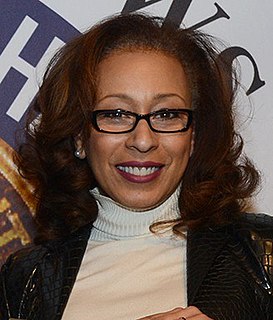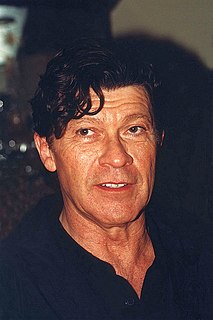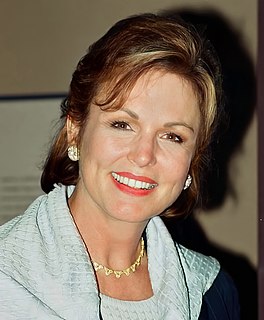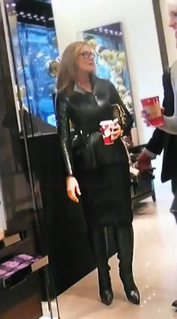A Quote by Hugh Masekela
I'm very interested in heritage restoration, and I'm working with a group of people to create a number of academies and performance spaces to encourage native arts and crafts and to explore African history.
Related Quotes
It [The Gesundheit Institute] also won't separate the healing arts. All of them work together - traditional medicine and surgery with acupuncture, homeopathy, etc. We want to make the hospital a place a person can't wait to come to, whether they are working there or being there as a patient. Because we are interested in promoting wellness, we will integrate medicine with performing arts, arts and crafts, agriculture, recreation, nature, and social service. Those are some skeletal parts.
I'm not against knowing the history of white people in the U.S. - that's not the point. The point is that there's so much greater history. We don't know about Native Americans. Very basically, we don't know that much about African American history, except that they were enslaved. You only get bits and pieces.
There's no doubt that when it comes to our treatment of Native Americans as well as other persons of color in this country, we've got some very sad and difficult things to account for. I personally would want to see our tragic history, or the tragic elements of our history, acknowledged. I consistently believe that when it comes to whether it's Native Americans or African-American issues or reparations, the most important thing for the U.S. government to do is not just offer words, but offer deeds.
I have a philosophy that white people would be interested in Native Americans because, first of all, it's probably the only group as a country we all study and know the history and then never study again past the age of 10. So I think we have these things we believe are true, that are just not true about what an audience wants.
It's the first thing liberals notice about people is what group are you in! "What group do I put you in? Are you a woman? Are you lesbian? Are you straight? Are you Native American? Are you African-American? Are you a mix? What are you?" That's how they see people, because that then identifies the victim status they hold. Victims of what? Victims of America! All these people are victims of America, "the white, patriarchal majority." They're all victims of America, as the left sees them.



































